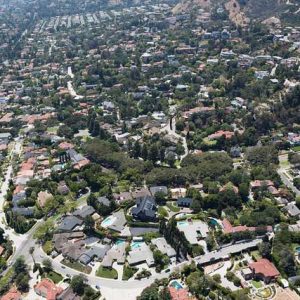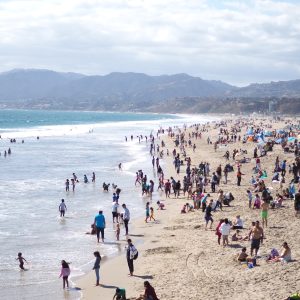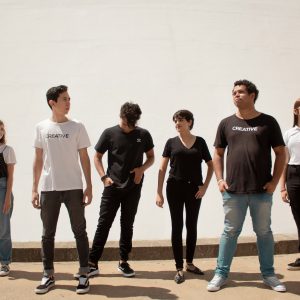 View Winners →
View Winners → Study Finds Transitional Kindergarten Students Have Edge in Math and Literacy

– File Photo by Terry Miller
California students who had attended Transitional Kindergarten were more advanced than their peers in language, literacy, mathematics and executive function, early results of a study by the American Institutes for Research (AIR) show. The differences amount to as much as a five-month head start in kindergarten.
“Students who attended Transitional Kindergarten are better prepared for kindergarten than those who didn’t the year before kindergarten,” report co-author and AIR senior researcher Karen Manship said. “The results are even more notable when you consider that 80 percent of comparison students attended a center-based preschool the year before starting kindergarten.”
Transitional Kindergarten grew out of California’s Kindergarten Readiness Act, passed in 2010. Historically, the state required children to be 5 by Dec. 2 to enroll for kindergarten. When the new law moved the cut-off to Sept. 1, Transitional Kindergarten was created to serve those who turned 5 between Sept. 2 and Dec. 2.
Key findings from Impact of California’s Transitional Kindergarten Program, which included more than 2,700 students in 20 districts, include:
Transitional Kindergarten has a significant impact on students’ preliteracy and literacy skills. After controlling for age, Transitional Kindergarten students are better at identifying letters and words at the beginning of kindergarten than those who did not attend the program. The advantage is equal to about five months of learning. Transitional Kindergarten students also display a greater understanding of the sounds of letters and syllables that make up words, giving them about a three-month learning advantage.
Students who attended Transitional Kindergarten outperformed their peers in mathematics at the beginning of kindergarten. The program improved students’ knowledge of basic mathematical concepts and symbols. Attending Transitional Kindergarten also improved children’s mathematics problem-solving skills at the start of kindergarten, such as counting objects, understanding measurement and completing word problems, which amounts to a three-month learning advantage.
Students who attended Transitional Kindergarten also have an edge in executive function, but no detectable advantage in teacher-rated social-emotional skills. Students from Transitional Kindergarten have greater executive function (remembering rules, inhibiting impulses and thinking flexibly). They did not get higher ratings than their peers in social skills and behavior.
AIR researchers in San Mateo, California have been studying the state’s Transitional Kindergarten program since 2011, with support from the Heising-Simons Foundation, the David and Lucile Packard Foundation and First 5 California. Future reports will examine whether effects persist throughout kindergarten, impacts for different groups of students (such as English learners) and characteristics of Transitional Kindergarten that affect kindergartners’ skills the most.








































































































